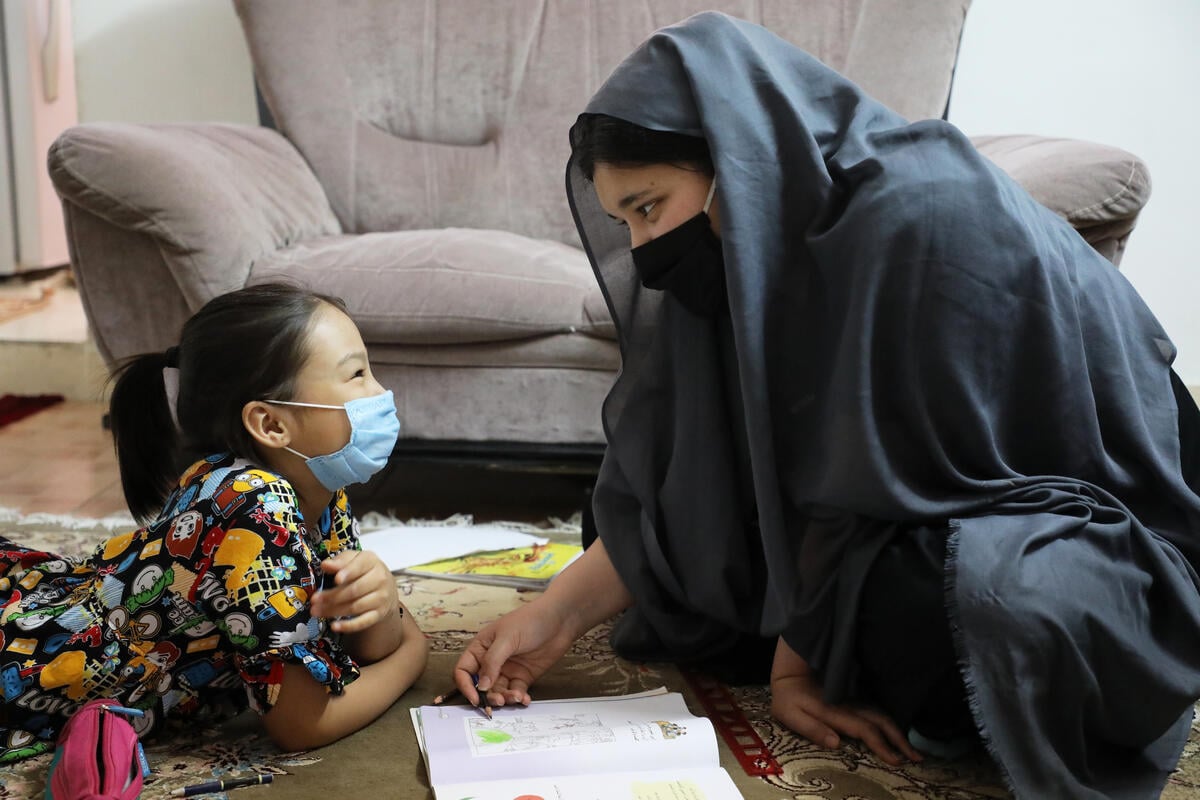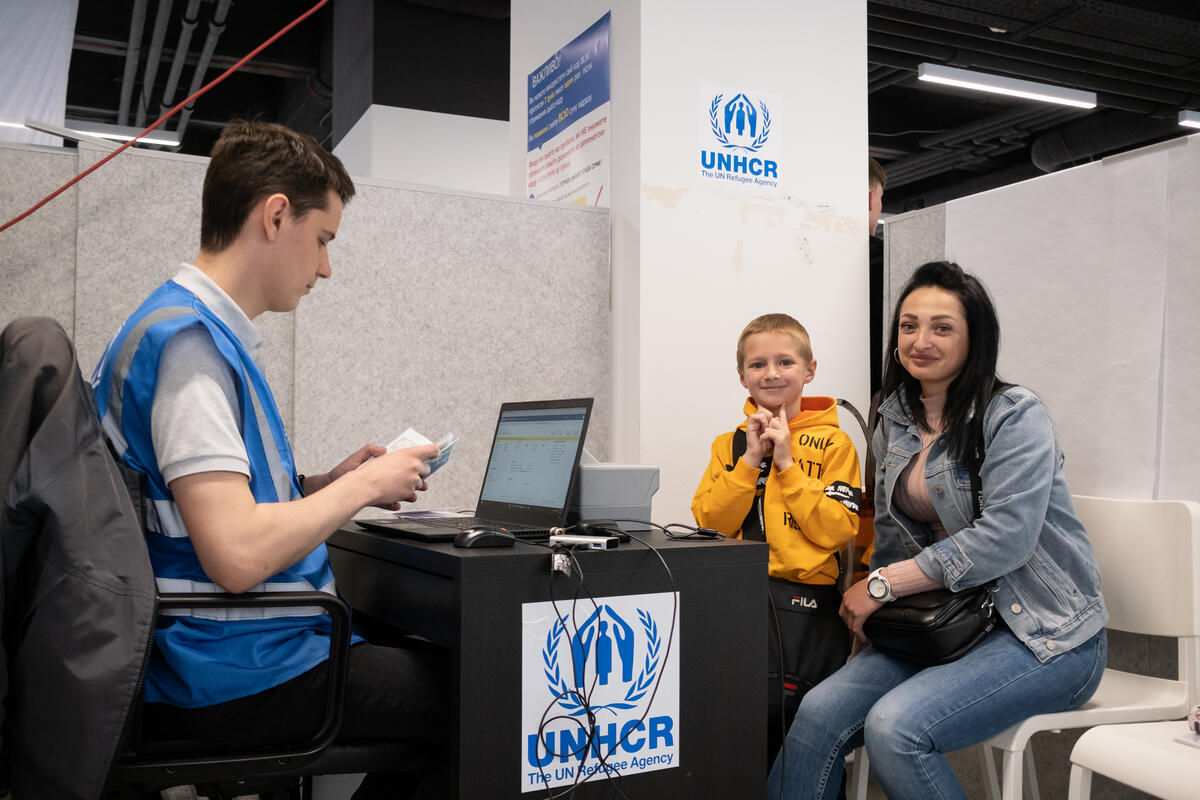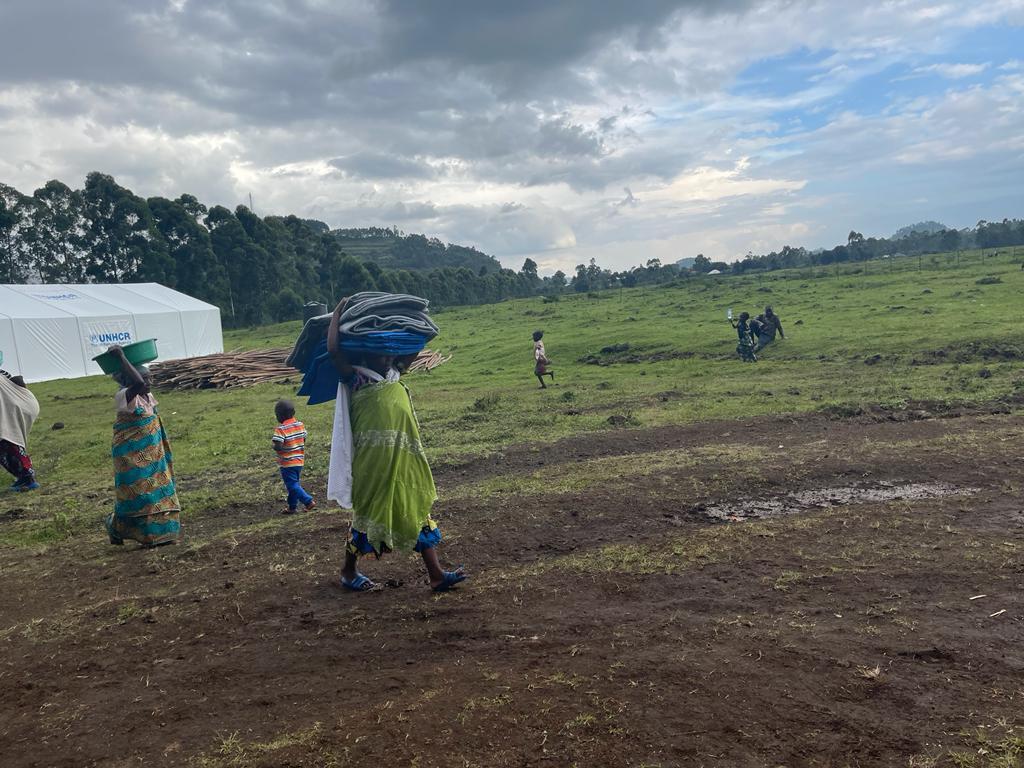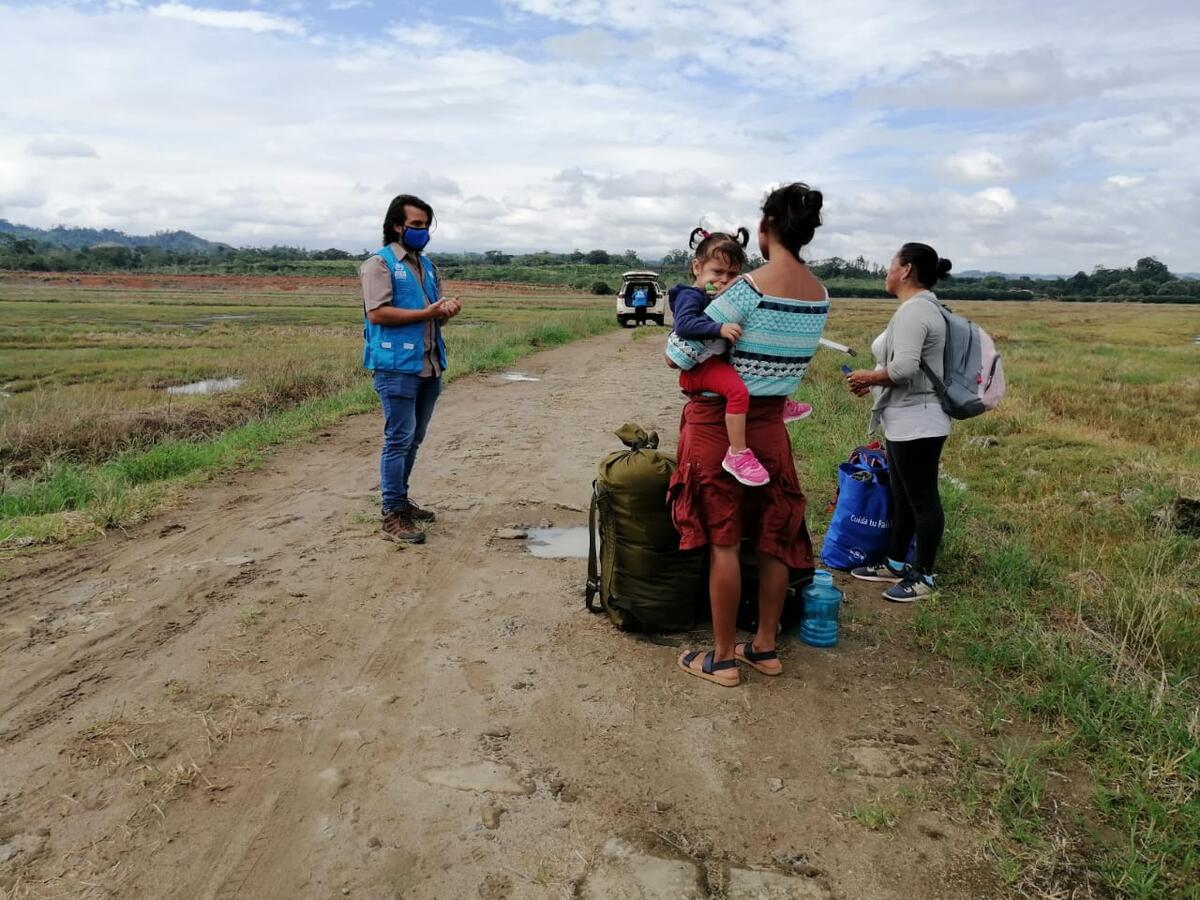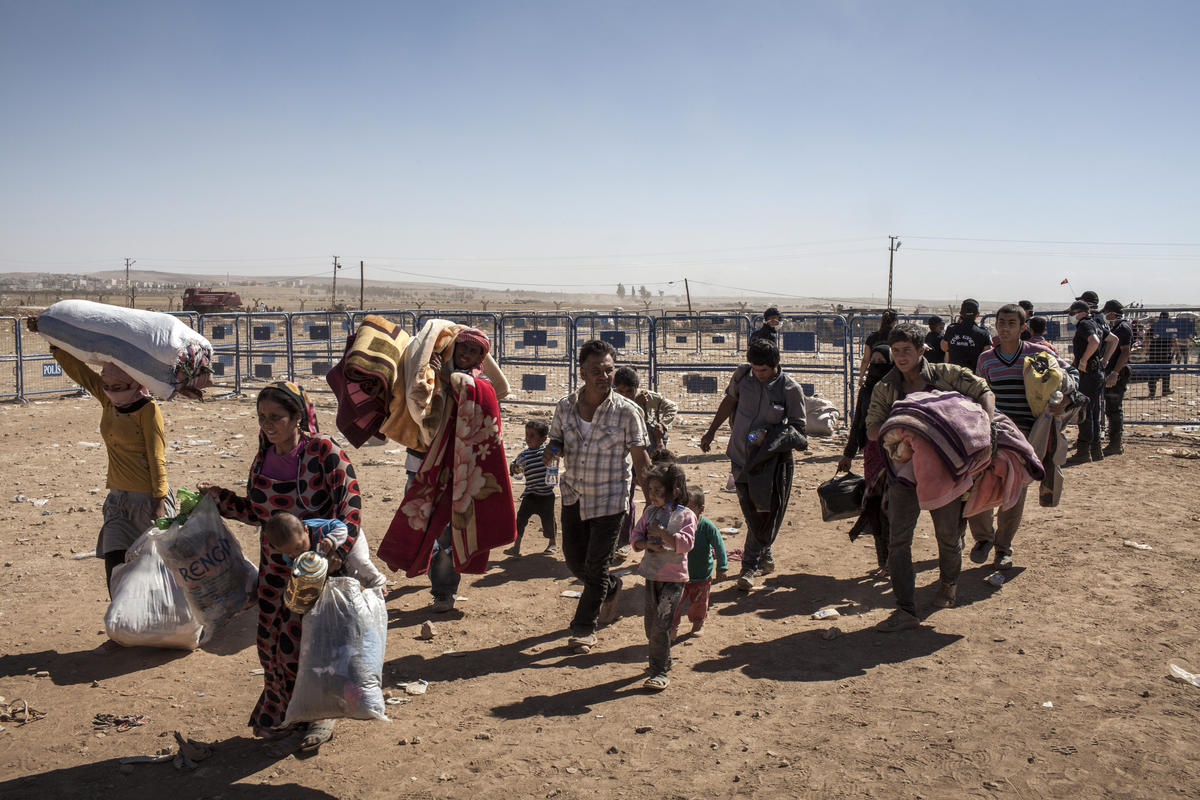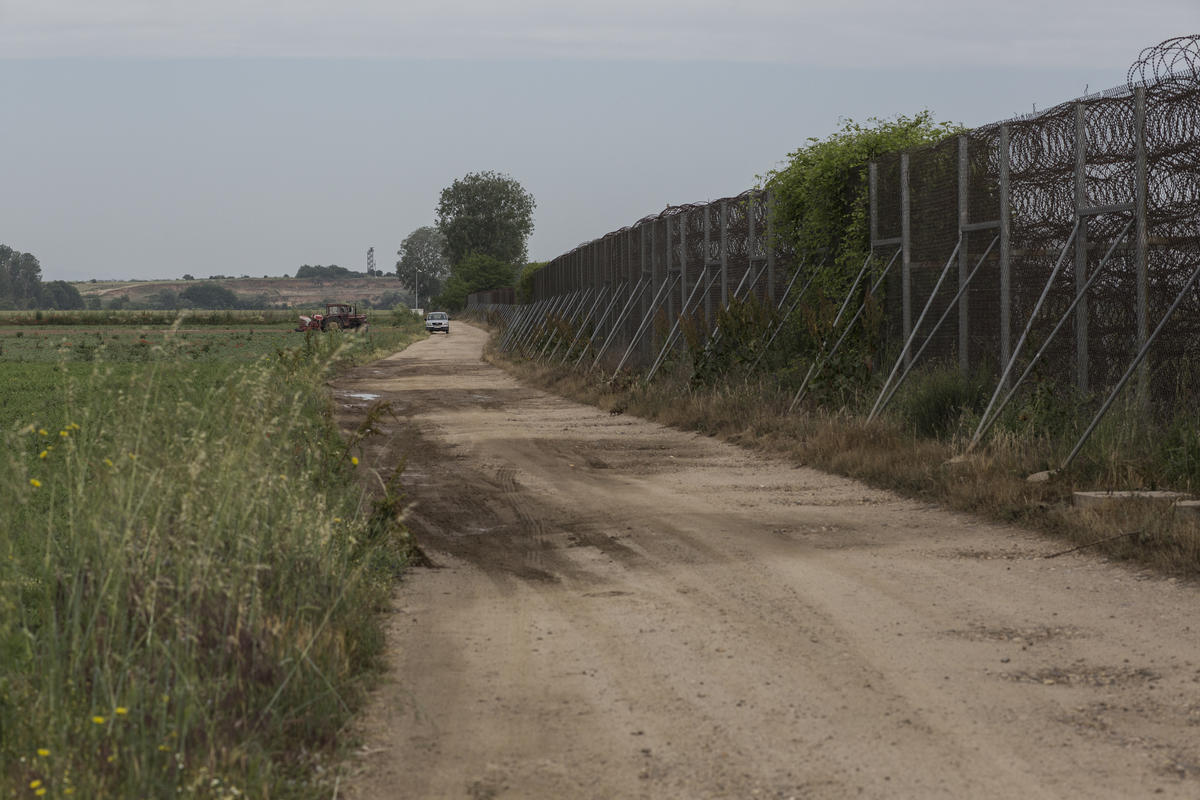UNHCR expresses appreciation, urges more solidarity for Uganda's refugee response
UNHCR expresses appreciation, urges more solidarity for Uganda's refugee response
Concluding a five-day trip to Uganda, UNHCR, the UN Refugee Agency’s Deputy High Commissioner, Kelly T. Clements, expressed appreciation to Uganda for its open door policy for refugees, and urged more global solidarity for the Ugandan people currently hosting more than 1.2 million refugees.
“I’ve been extremely impressed at how Uganda’s inclusive policies have improved the lives of refugees and the communities hosting them,” said Clements of her visit. “Uganda represents the Global Compact in action, but the country can’t do it alone. More global support is needed, particularly in the areas of education, economic opportunities and the environment.”
She visited refugee settlements in Adjumani, Moyo and Yumbe districts and met with refugee groups, district authorities, high-level government officials and ministers, including the Hon. Dr. Joyce Moriku Kaducu, Minister of State for Primary Health Care. She also met with Uganda’s First Lady and Minister for Education and Sports, Mrs. Janet K. Museveni, where she praised the national Education Response Plan, which fully integrates refugees into national and district planning in refugee-hosting areas.
Education is a major priority in the Uganda refugee response for 2019 and beyond. More than half of refugee children, and over one third of Ugandan children in refugee hosting areas, are out of school.
In Palorinya refugee settlement in Moyo district, Clements met with teachers, students and their parents and noted the myriad of challenges they face. She was moved by the story of a 22-year-old refugee woman, who committed suicide after learning she would not be able to pay school fees to complete her last year of secondary education.
“We all want to prevent a generation of young people from being lost because they feel the future holds so little for them,” said the Deputy High Commissioner. “It is in places like Palorinya that more global solidarity with countries and people hosting refugees must be demonstrated.”
As part of a focus on education, Clements announced that UNHCR would re-allocate of US$100,000 to ensure young students can continue studying in secondary school in the Palorinya refugee settlement.
The funds will cover school fees for more than 500 refugee and Ugandan youth who cannot afford to stay in school otherwise. This new support will also help to improve conditions in secondary schools and provide small, but critical supplies that can affect school attendance, like sanitary pads for female students.
In Adjumani, Clements visited a market with businesses owned by women entrepreneurs and heard from refugee and host community representatives. Education, health and environmental issues were the primary concerns raised during her interaction with the refugees and district authorities.
The Deputy High Commissioner’s visit highlights UNHCR’s priorities and needs for Uganda’s nearly 1.2 million refugees coming from South Sudan, Democratic Republic of the Congo, Burundi, Somalia and Rwanda living across 30 settlements and Kampala.
Media contact
- In Kampala, Duniya Aslam Khan, [email protected], +256 772 701101



